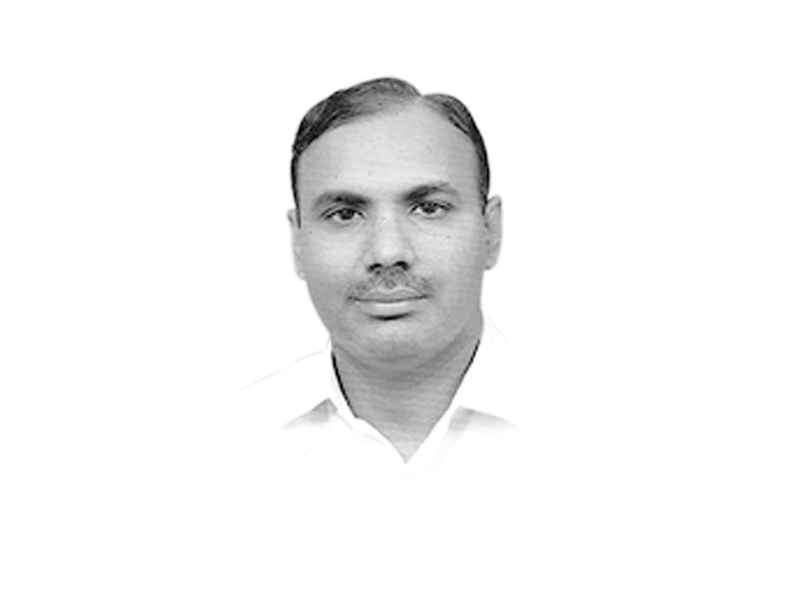
Similarly, poorer countries that may be relatively minor players in the global market place also risk exclusion as bigger players exert greater influence in global markets. As agriculture and agrifood systems becoming more science- and capital-intensive, new skills and knowledge are required from producers, processors, managers and workers as well as huge investment into research and development. This widens the already large knowledge gap between industrialised and developing countries.
Give us safe food: Sindh Assembly passes law to regulate eateries
At the same time, urbanisation has led to new consumption patterns for the majority of the world population, making the links between production and consumption more complex, and calling for more sophisticated infrastructure. Global agricultural markets become more integrated with expansion of futures trade, they also become more speculative and therefore risky. Outdated, inefficient and sometimes conflicting policies, laws and regulations, together with uncertain government perceptions of public and private sector roles and responsibilities, difficult access to financial services and weak infrastructure impede the investments necessary to sustainably improve inclusiveness and efficiency in global, regional and national markets. The global population is growing steadily and is expected to reach 9.6 billion by 2050. To meet such a heavy demand, agriculture and food systems will need to adapt to the adverse effects of climate change and become more resilient, productive and sustainable. This is the only way that we can ensure the wellbeing of ecosystems and rural populations and reduce emissions.
Food insecurity exists if a family is unsure where the next meal is going to come from. This insecurity can be a product of two factors: availability and affordability. Availability is a product of food output and supply. Affordability is a product of low purchasing power, i.e., poverty. Thus, food insecurity can exist even with bumper crops and adequate supplies available in the market. Pakistan is an agricultural country, while production of agricultural products in the country is largely relied upon availability of agricultural lands, availability of adequate water and having the worlds’ largest irrigation system. Though Pakistan is growing ample food items but still people of Pakistan are faced with food insecurity, starvation and often face shortage of food grain, posing question mark on prevalent food distribution mechanisms.
Food security in Pakistan
The national nutrition survey reveals that around 60% population of Pakistan is facing food insecurity. Sindh province is the most food deprived province of the country, where 72% of the sample households were found food insecure. Analysis of the studies on food insecurity reveals that food insecurity in Pakistan had increased and people living in rural areas are comparatively more food insecure in comparison with main urban centers. The situation pointed out that food security of the rural food growers is at stake. Adherence to the neoliberal economic policies also skewed the employment opportunities, real wages and labour benefits as well as increased cost of living. Moreover, recent research shows that food security cannot be ensured only by increasing the availability of food by raising agricultural production. It also requires better access to food. In other words, food security cannot be achieved unless and until the issue of poverty is also addressed.
Growing food in a sustainable way means adopting practices that produce more with less in the same area of land and use natural resources wisely. It also means reducing food losses before the final product or retail stage through a number of initiatives including better harvesting, storage, packing, transport, infrastructure, market mechanisms, as well as institutional and legal frameworks.
Published in The Express Tribune, March 12th, 2017.
Like Opinion & Editorial on Facebook, follow @ETOpEd on Twitter to receive all updates on all our daily pieces.













COMMENTS
Comments are moderated and generally will be posted if they are on-topic and not abusive.
For more information, please see our Comments FAQ